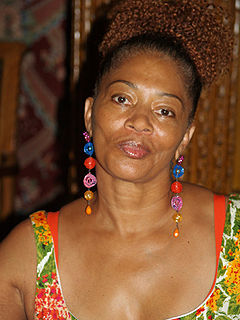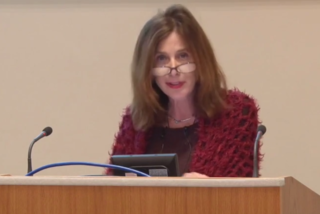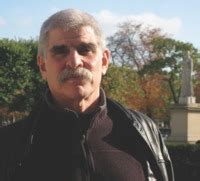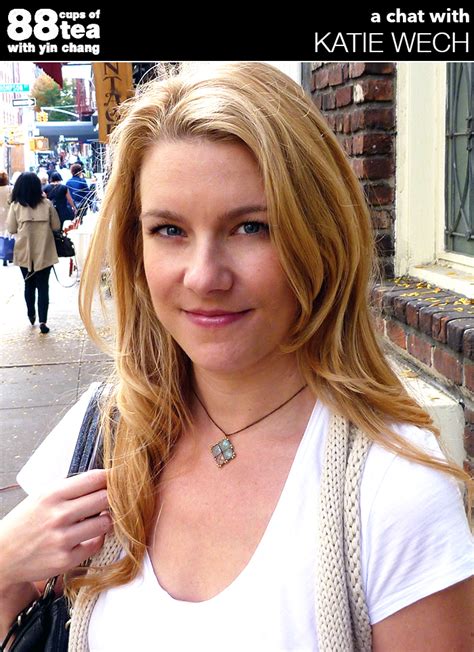A Quote by Terry McMillan
Few writers are willing to admit writing is autobiographical.
Related Quotes
I am very willing to admit that I have some poetical abilities, and as few - if any - writers, either moral or political, are intimately acquainted with the classes of mankind among whom I have chiefly mingled, I may have seen men and manners in a different phasis from what is common, which may assist originality of thought.
I was influenced by autobiographical writers like Henry Miller, and I had actually done some autobiographical prose. But I just thought that comics were like virgin territory. There was so much to be done. It excited me. I couldn't draw very well. I could write scripts and storyboard style using stick figures and balloons and captions.
We're [writers] all afraid of writing badly, and there are psychological reasons, like the bad interior of ourselves is somehow being revealed, but we all fear that, and you can't write well if you're not willing to write badly. That's why you have to make writing a habit, so it feels normal and not strange.
Like most filmmakers and writers, there are roots in my own life, but they are stories that I invent. There was a period of time in my life when I made directly autobiographical films where I truly told what happened to me. But, now, I don't make directly autobiographical films anymore. I am more for renouncing that and being in front of history. The large part of my work tells about something I know. It's close.
Autobiographical writings, essays, interviews, various other things... All the non-fiction prose I wanted to keep, that was the idea behind this collected volume, which came out about few years ago. I didn't think of Winter Journal, for example, as an autobiography, or a memoir. What it is is a literary work, composed of autobiographical fragments, but trying to attain, I hope, the effect of music.







































